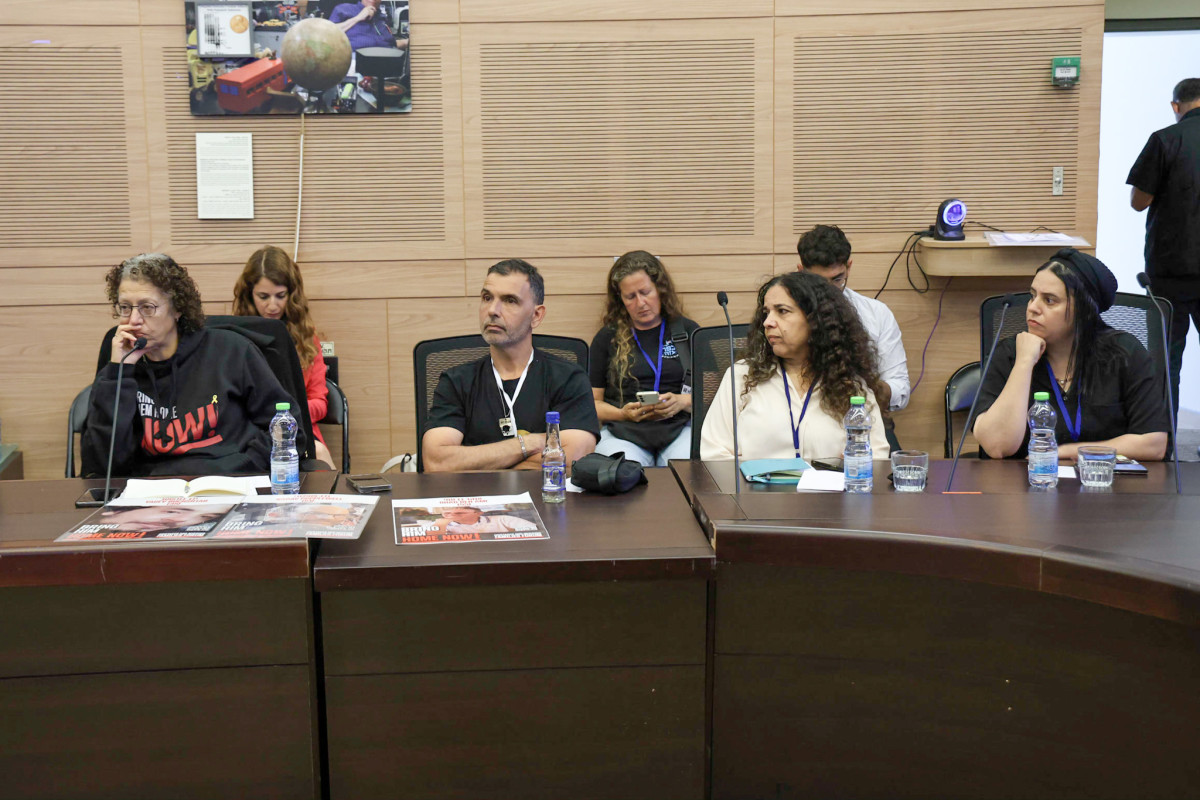Nine months ago, the abduction of 120 people left their families in a state of trauma and financial instability. The Knesset’s health committee recently held a discussion on the medical condition of the abductee’s family members, revealing that they are suffering from mental trauma, difficulties in family relationships, and financial harm.
Dr. Einat Yehana, head of rehabilitation at the headquarters of the families of the abductees, presented a study showing that some of the surviving family members suffer from post-traumatic symptoms, cognitive difficulties, damage to family relationships, and financial deterioration. Researchers determined that due to the traumatic stress experienced by these families, an epidemic of mental psychopathology and chronic diseases is expected among them after their return from captivity.
Kobi Ben Ami, brother of Ohad Ben Ami who was kidnapped from Kibbutz Bari, spoke about his mother’s deteriorating condition. She is 78 years old and has been on dialysis for a month after being implanted with a pacemaker. He explained how they have been mentally abused for nine months and do not require mercy or sympathy as long as the state takes action to bring their loved ones home.
Several family members testified in the committee about not receiving any proactive request from health funds or only one request. Ester Buchstab, mother of abducted Yagav Buchstab, admitted that she did not receive any maternity clinic or online services because she does not have a doctor or anyone to help her get prescriptions.
Prof. Hagai Levin suggested that the state establish a dedicated rehabilitation center for these families to build a better future for themselves and their children. Yael Goren Hezekiah agreed with this idea but emphasized that they are limited by law to provide assistance only to those who are recognized as such by professionals within existing systems.
Attorney Shlomi Mor stated that while there are currently no laws regulating the status of these families, he believes that legislation should be passed to ensure proper treatment and care for them in the future. He also emphasized that it is crucial for insurance funds to actively contact these families and offer adapted services with shorter waiting times.
In conclusion, MK Yonatan Mashriqi urged insurance funds to reach out proactively to these families and offer them necessary services with shorter waiting times


